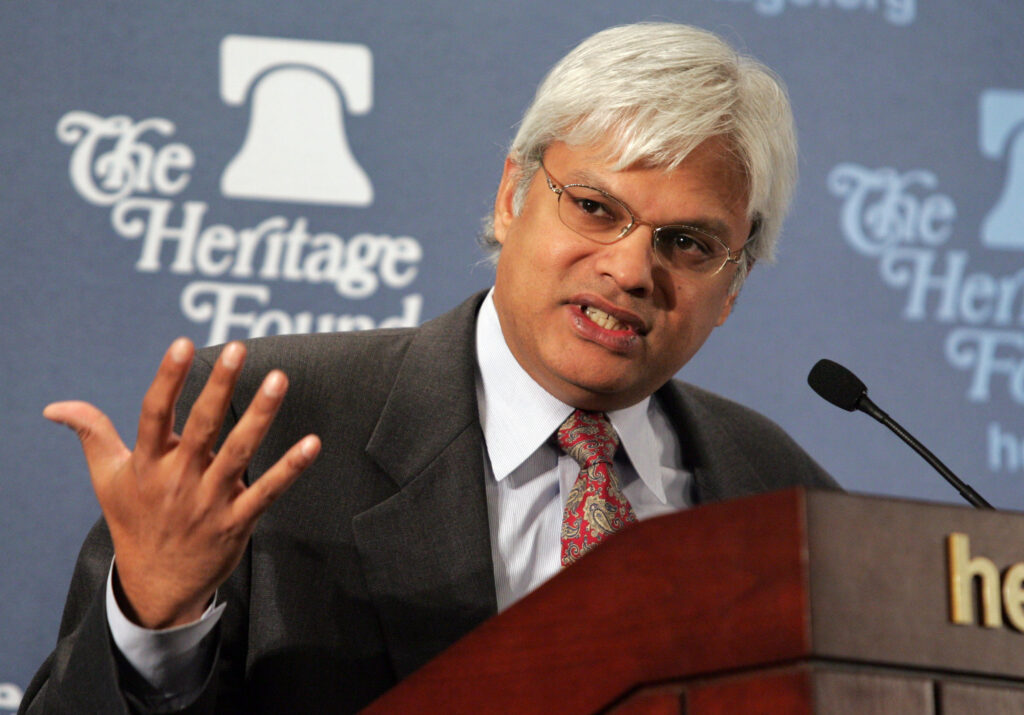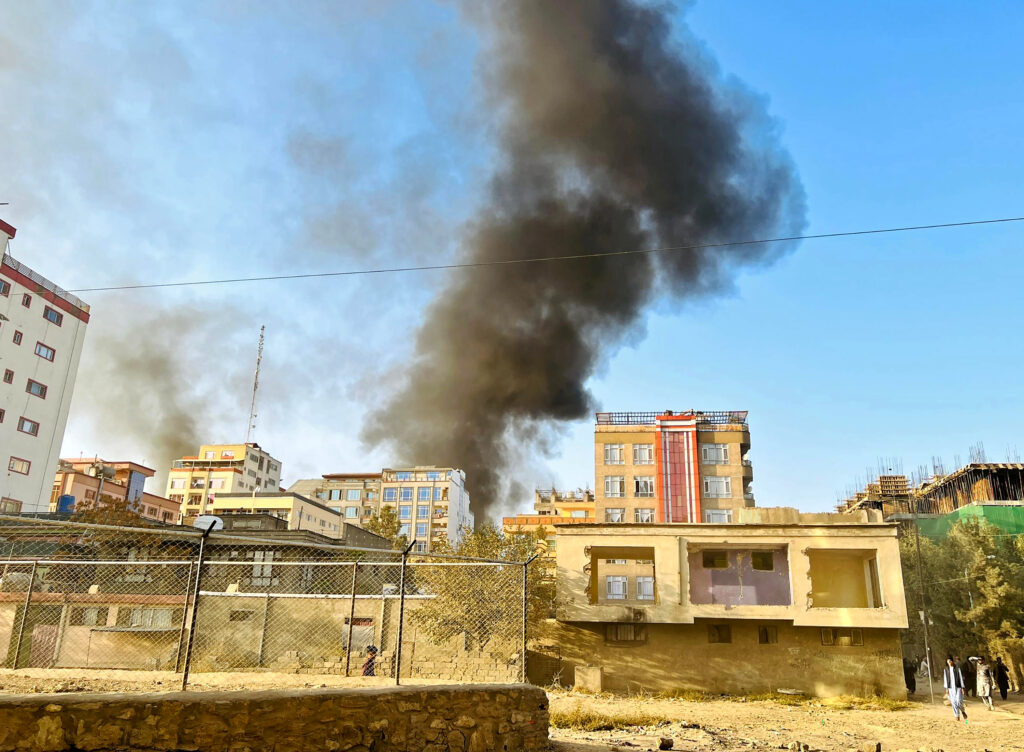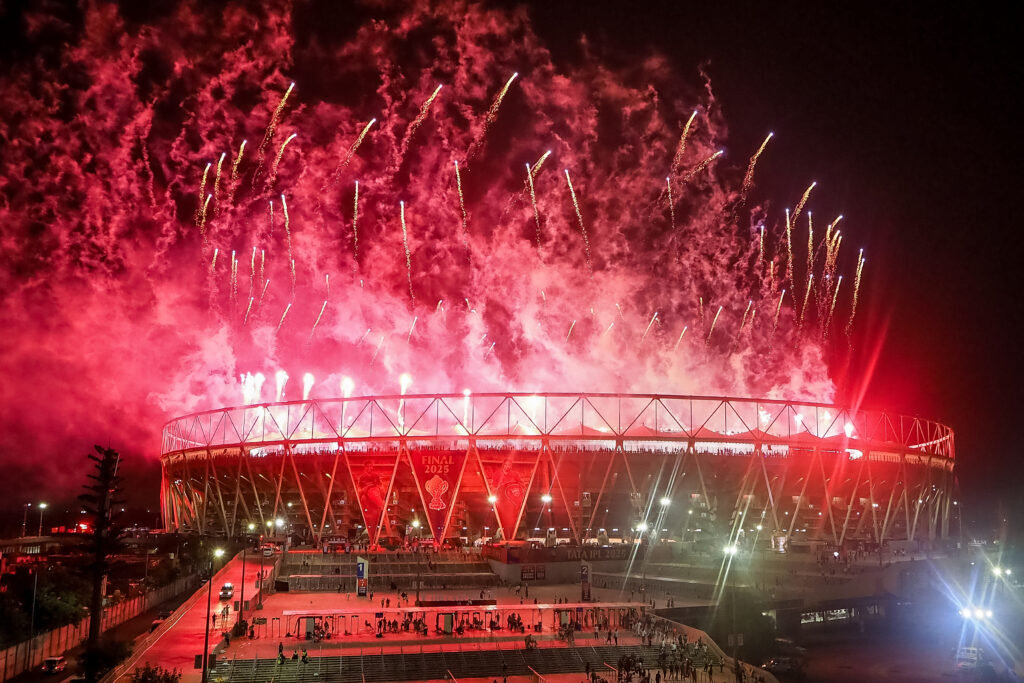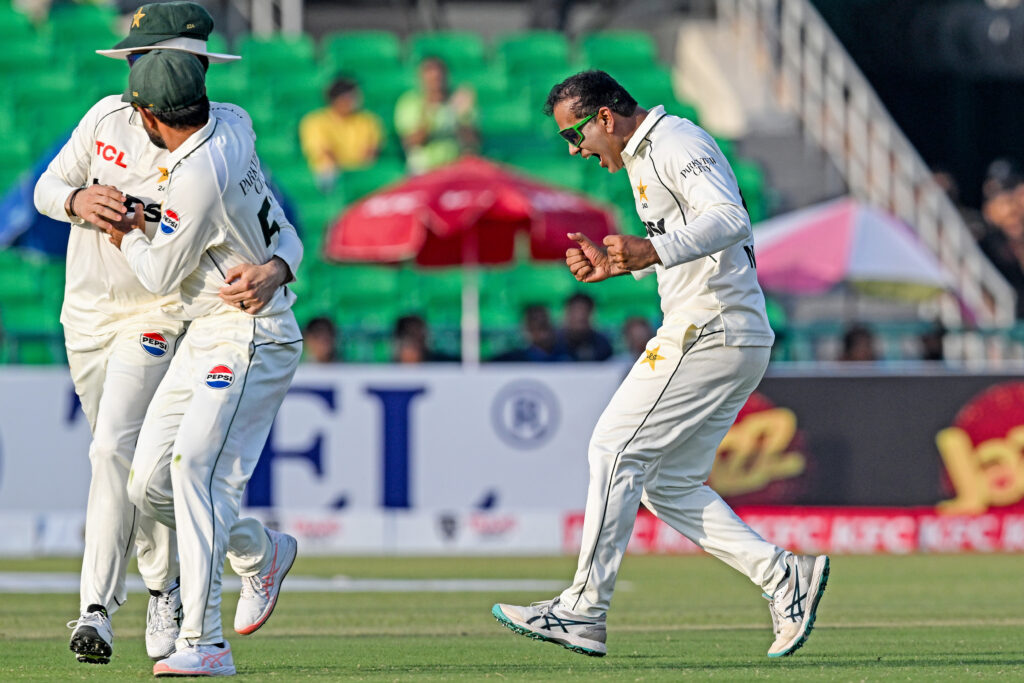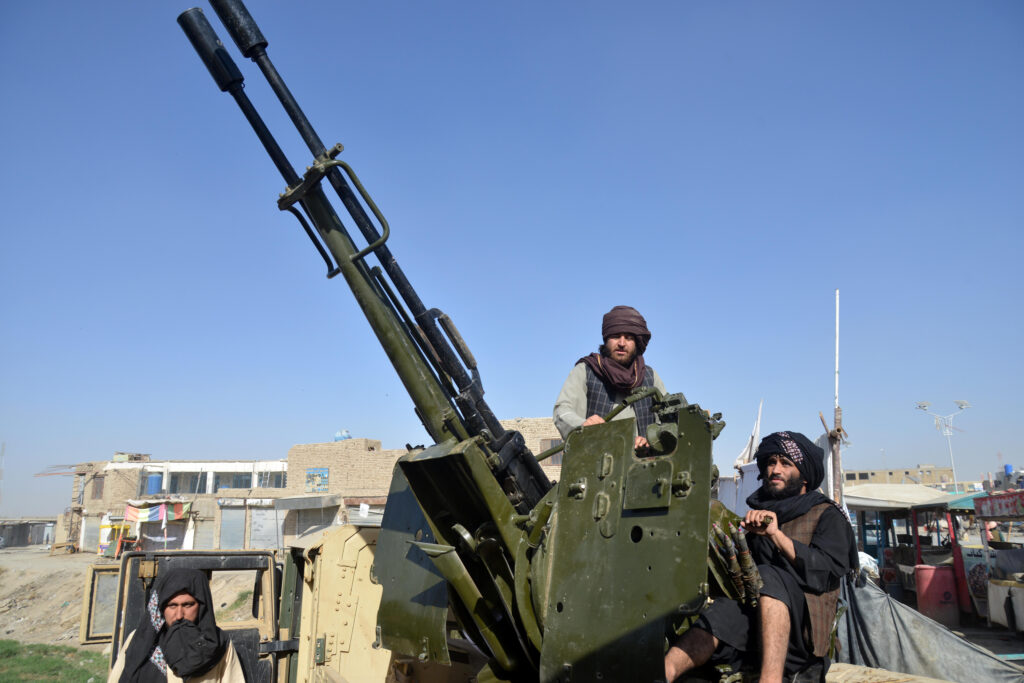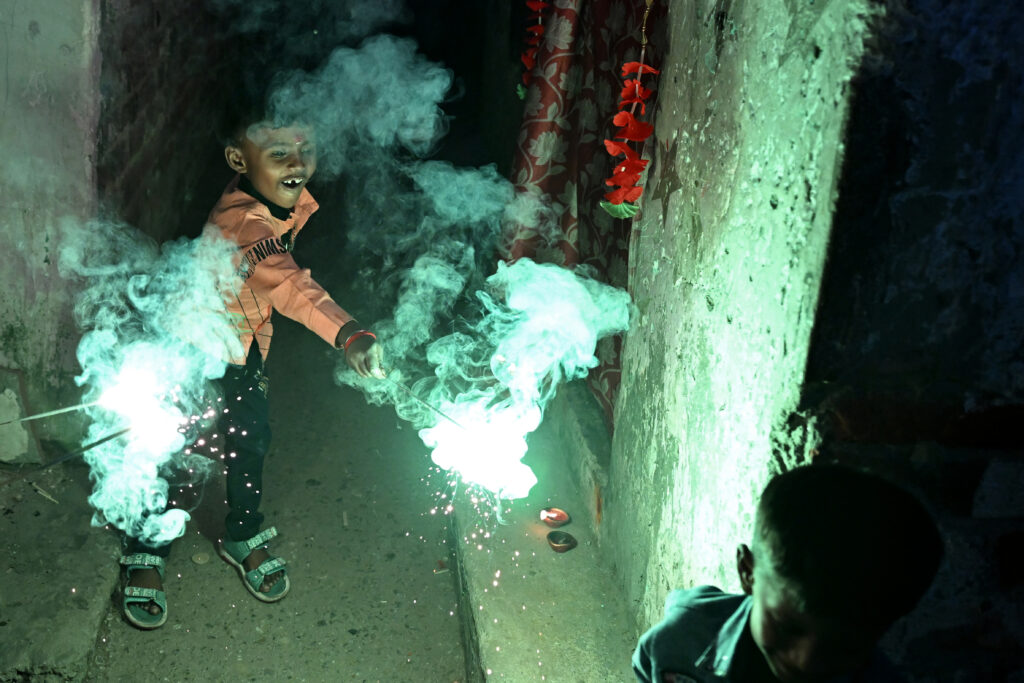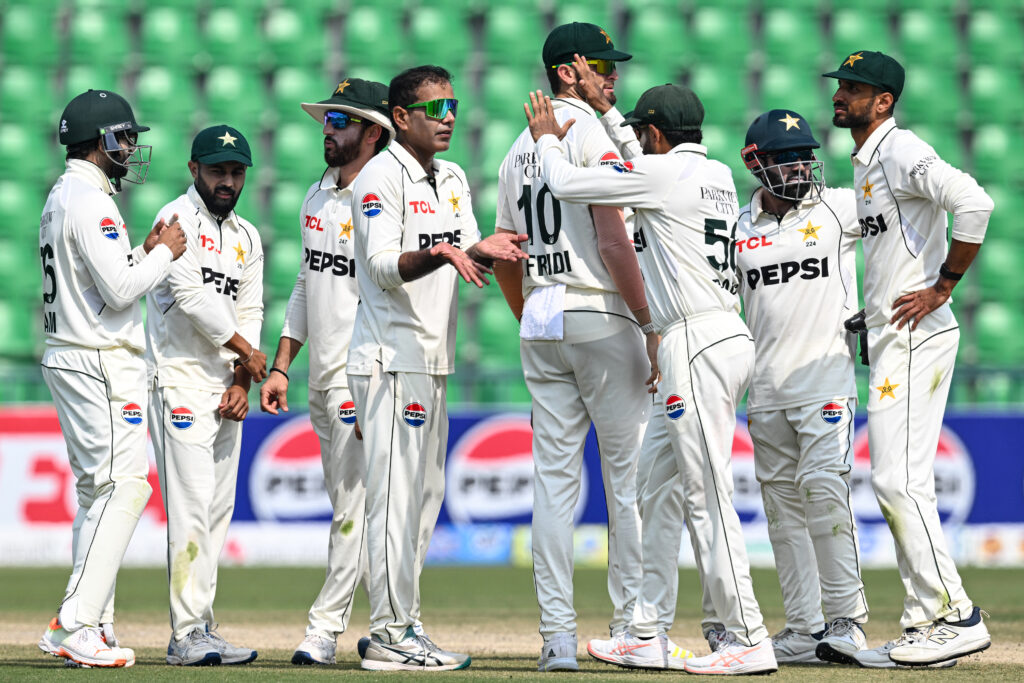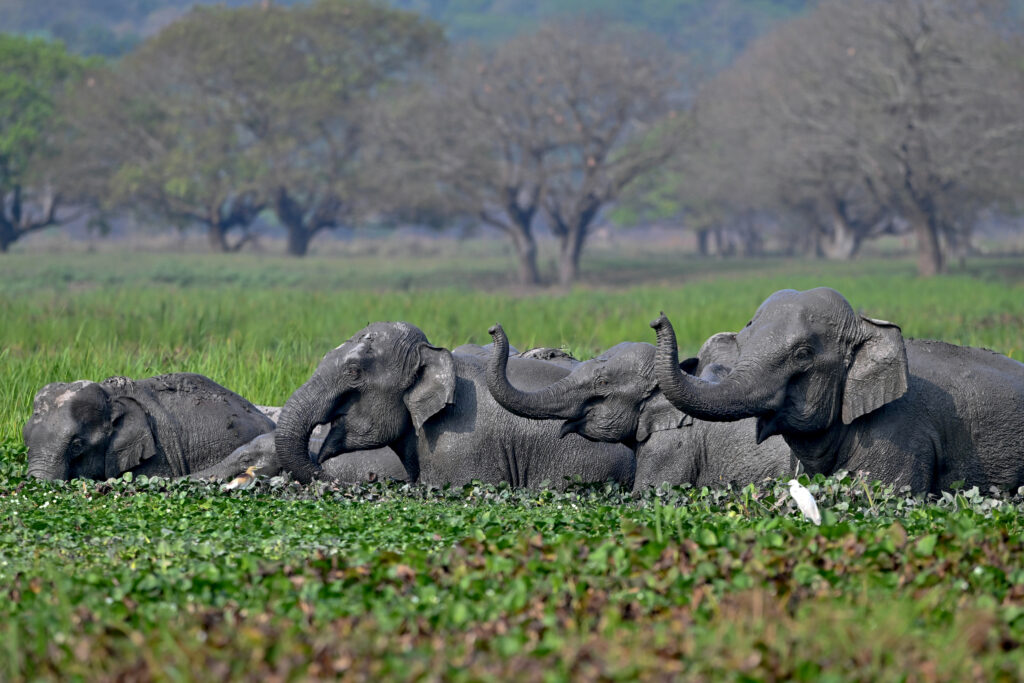A 48-hour ceasefire between Afghanistan and Pakistan took hold late Wednesday, officials on both sides said, after dozens of troops and civilians were killed in fresh cross-border skirmishes earlier in the day.The truce began at 6:00 pm Islamabad time (1300 GMT), shortly after being announced by both countries, each asserting the other had requested it to end the surge in violence.According to Pakistan, the ceasefire was expected to last 48 hours.”During this period, both sides will sincerely strive to find a positive solution to this complex but resolvable issue through constructive dialogue,” the Pakistani Ministry of Foreign Affairs said.In Kabul, Afghanistan’s Taliban government said it had ordered the Afghan army to respect the truce, “unless it is violated” by the opposing side, a spokesman said on X.The temporary ceasefire followed a week of violence between the two neighbours.The Taliban had launched an offensive along parts of its southern border with Pakistan, prompting Islamabad to vow a strong response of its own.Islamabad has accused Afghanistan of harbouring militant groups led by the Pakistani Taliban (TTP) on its soil, a claim Kabul denies.With both countries on edge, plumes of black smoke were seen rising above Kabul after two blasts Wednesday evening, AFP reporters said.Taliban government spokesman Zabihullah Mujahid said an oil tanker and a generator had exploded, sparking fires, although he did not explicitly link the blasts to the clashes with Pakistan.At least five people were killed and 35 wounded in Wednesday explosions in Kabul, an Italian NGO which runs a hospital in the Afghan capital said, before the truce entered into effect.”We started receiving ambulances filled with wounded people, and we learned that there had been explosions a few kilometres away from our hospital,” Dejan Panic, EMERGENCY’s country director in Afghanistan, said in a statement.Ambulances raced through Kabul where shattered glass from damaged buildings littered the streets, AFP saw. Taliban forces also cordoned off some city streets.- Surge in attacks -Pakistan’s military earlier accused the Afghan Taliban of attacking two major border posts in the southwest and northwest.It said both assaults were repelled, with about 20 Taliban fighters killed in attacks launched early Wednesday near Spin Boldak on the Afghan side of the frontier in southern Kandahar province.”Unfortunately the attack was orchestrated through divided villages in the area, with no regard for the civil population,” the military said in a statement.It also said about 30 more people were thought to have been killed in overnight clashes along Pakistan’s northwest border.The Afghan Taliban said 15 civilians were killed and dozens wounded in the clashes near Spin Boldak and that “two to three” of its fighters were also killed.Taliban spokesman Mujahid said in an earlier statement that 100 civilians were also wounded around Spin Boldak, adding that calm had returned after Pakistani soldiers were killed and weapons seized.Pakistan’s military said these were “outrageous and blatant lies”.Pakistan did not give a toll for its losses in the latest clashes but said last week 23 of its troops had been killed in the opening skirmishes.Sadiq, a resident of Spin Boldak who gave only his first name, said fighting broke out just before dawn.”Houses were fired upon, including my cousin’s. His son and wife were killed, and four of his children were wounded,” he told AFP.All businesses in the area were closed and many residents have fled.In Chaman on the Pakistani side of the border, one resident described the pre-dawn clashes as “total chaos”.”Our children and women were terrified and began screaming,” Raaz Muhammad, 51, said by phone.In a separate incident, a senior security official in Peshawar in Pakistan’s northwest said seven frontier troops died in an attack on a checkpoint.The relatively new Ittehad-ul-Mujahideen armed group claimed responsibility.The Taliban government said it had launched the offensive in “retaliation for air strikes carried out by the Pakistani army on Kabul”.Islamabad then vowed a forceful response Sunday, and dozens of casualties were reported on both sides.In Khost province, Afghan journalist Abdul Ghafoor Abid with state-run television RTA was killed Sunday by Pakistani fire while covering the cross-border fighting, a Taliban official said.
